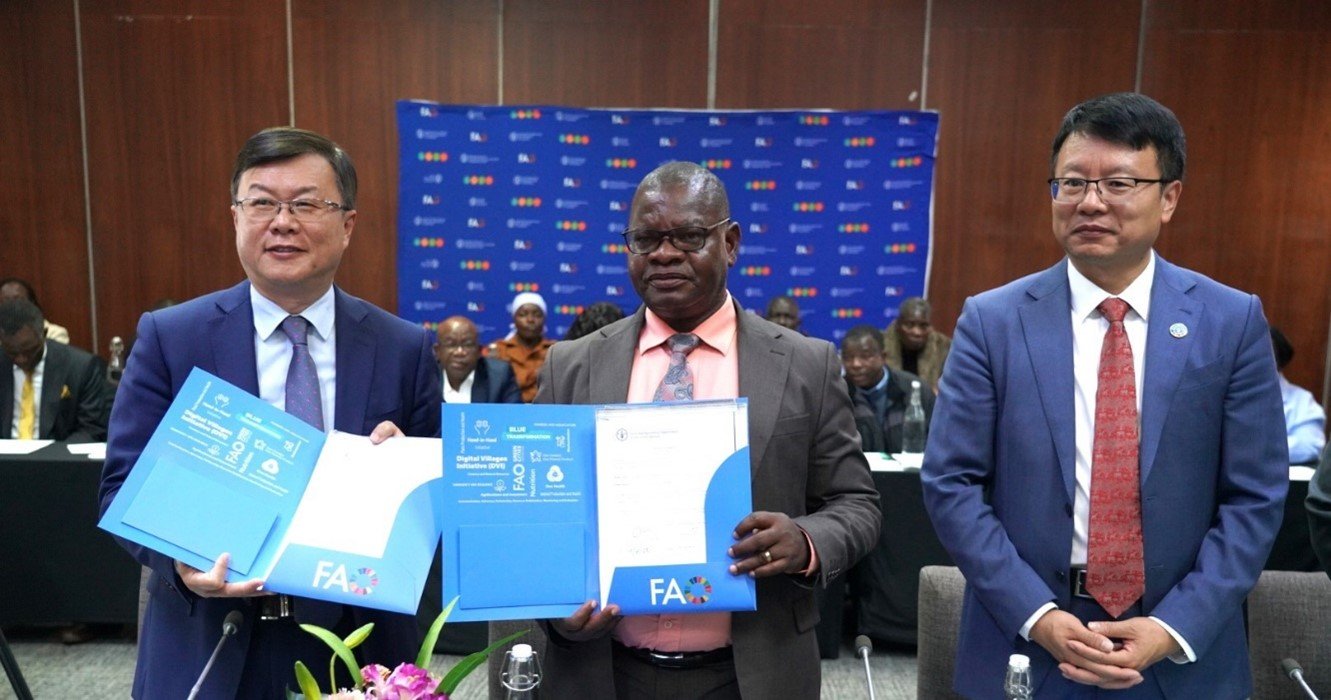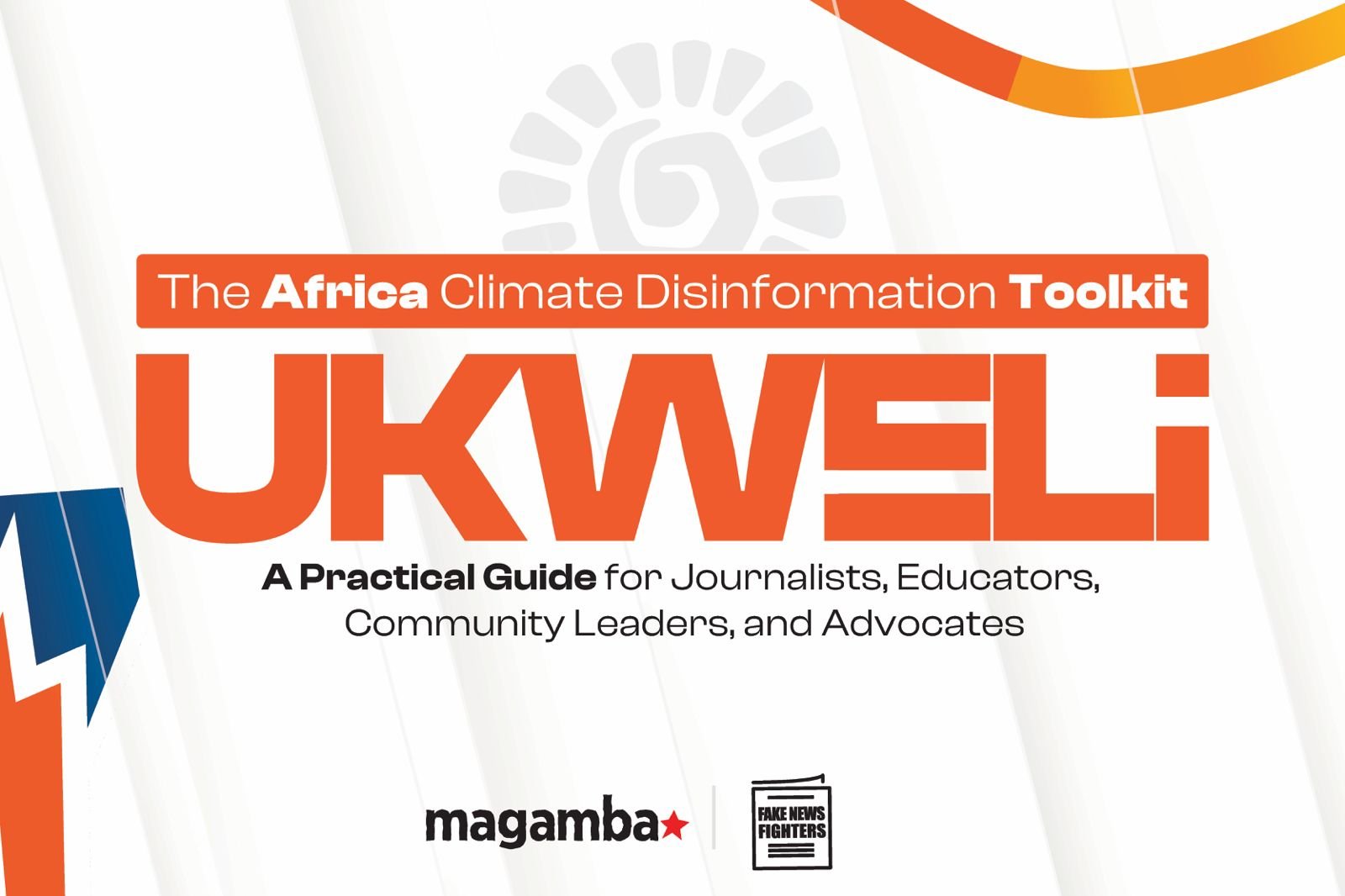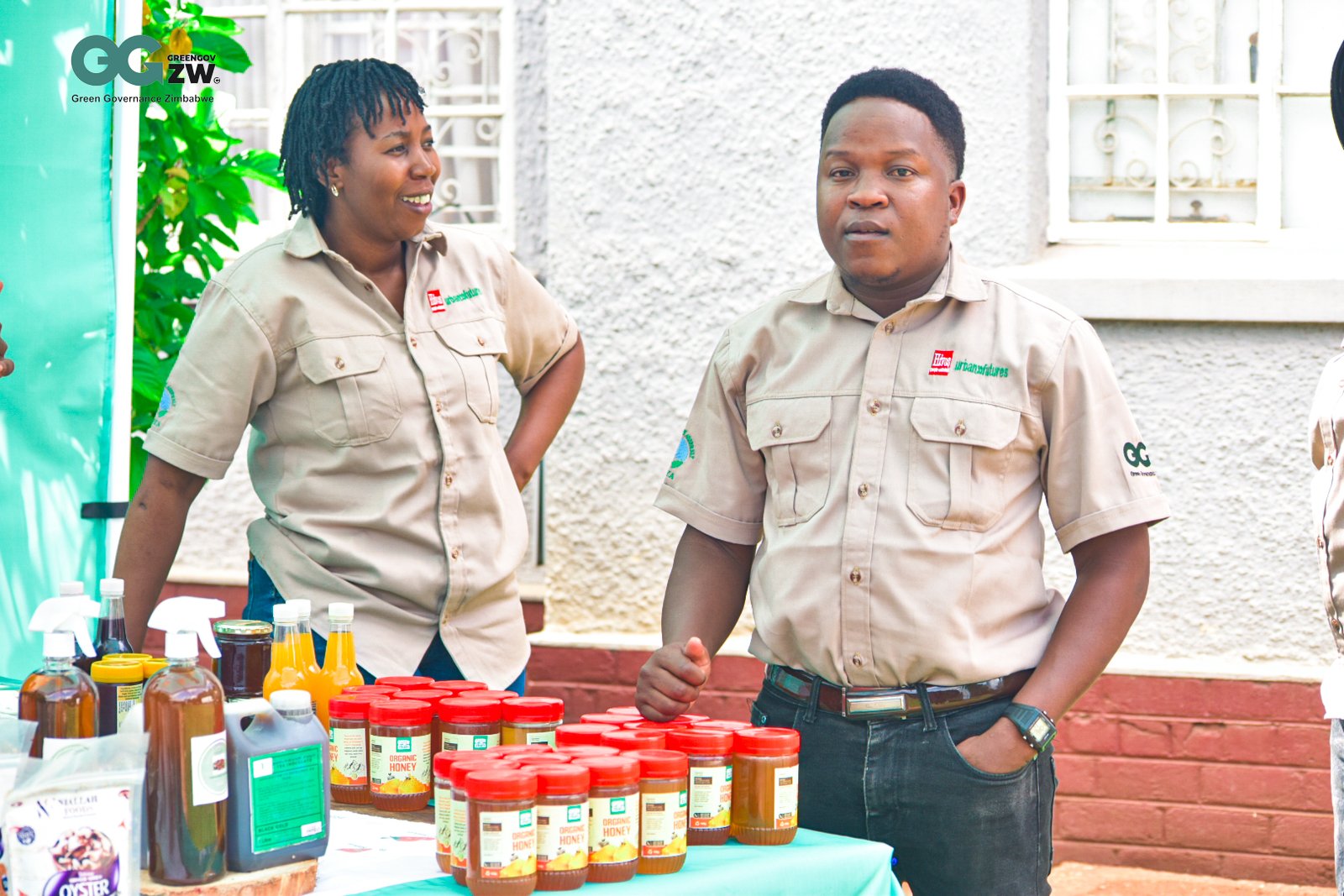The government of Zimbabwe has launched two projects focused on sustainable soil and water management, as the country grapples with rising climate pressures affecting agriculture and food security.
The new projects “Capacity Development on Sustainable Soil Management in the Global South” and “National Water Roadmap towards 2030 Sustainable Development Goals”, are backed by the UN’s Food and Agriculture Organization (FAO) and funded through China’s South–South Cooperation (SSC) Programme. Launched in Harare on Monday.
This consolidated cooperation represents a significant stride towards improving soil laboratory capacity, agricultural practices, strengthened cross-sectorial collaboration, mainstreaming of water into national policies, capacity development and the strengthening of the extension system in the country.
The new projects come at a time when farmers across the country are increasingly affected by erratic weather and declining water availability.
Chinese Ambassador to Zimbabwe Zhou Ding said climate change is a key challenge affecting agriculture, making sustainable soil and water management essential for adapting to these impacts and ensuring food security in Zimbabwe.
“Agriculture remains one of the pillars of Zimbabwe’s economy in an era marked by climate change and the pressing imperative of food security. Soil and water are not just resources, they are the lifeblood of agricultural productivity.”
“These two projects will advance sustainable soil and water management practices, driving the transformation and modernization of Zimbabwe’s agriculture sector, enhancing its economic resilience and improving livelihoods,” he said.
Minister of Lands, Agriculture, Fisheries, Water and Rural Development, Anxious Masuka, in a keynote address read on his behalf by the Ministry’s Permanent Secretary, Professor Obert Jiri, said Zimbabwe has ample water resources, but they face growing pressure from complex challenges, worsened by climate change.
“Our water sector challenges are multifaceted and often exacerbated by the impacts of climate change.”
He noted that recurring droughts and erratic rainfall patterns have placed significant strain on water supply systems.
“We have experienced increasingly frequent and severe droughts, leading to depleted dam levels, reduced groundwater recharge, and immense strain on both urban and rural water supplies.”
Rural communities bear the brunt due to limited investment and climate variability.
“The challenges remain a daily reality for many of our citizens, particularly in vulnerable communities,” he said.
FAO Subregional Coordinator for Southern Africa and Representative to Zimbabwe, Patrice Talla, echoed the same sentiments, saying climate change is disrupting agriculture in Southern Africa, especially in Zimbabwe, where droughts, erratic rainfall, and rising temperatures are straining land, water, and food systems.
He emphasized that protecting and managing water and soil is essential for achieving sustainable agriculture, resilient communities, and long-term food security.
“These initiatives represent a turning point in our shared ambition to secure the foundations of food production, water and soil. Without healthy soils and reliable water, there can be no sustainable agriculture, no resilient communities, and no food security.”
In Zimbabwe, red soils are vital to food production and ecosystem stability. But years of over-cultivation, monocropping, and poor water governance have left them depleted. Up to 65% of arable land in Sub-Saharan Africa is degraded, threatening harvests and livelihoods.
The new projects aim to reverse these trends. They include support for smallholder irrigation systems, climate forecasting tools, and policies that consider the needs of women and vulnerable communities.
“Across Southern Africa, climate variability is a lived reality. Recurring droughts, erratic rainfall, and rising temperatures are disrupting agricultural systems and intensifying pressure on land and water,” Talla said.
“In Zimbabwe, both communal and commercial farmers are affected, and food systems are under strain.”
In the face of climate change, Talla believes that the Water Roadmap Project will help Zimbabwe improve water management and climate resilience through better planning, expanded irrigation, and support for smallholder farmers.
“The Water Roadmap Project will support Zimbabwe to build national and subnational strategies for water governance, using hydrological modelling, climate forecasting, and gender-responsive planning.”
“It will expand micro-irrigation, enhance early warning systems, and guide investment where it matters most, at the smallholder level.”
Zimbabwe is the first country to kick off implementation. Through technical cooperation, knowledge exchange, and institutional collaboration.
Globally, around 40% of the Earth’s land is degraded, impacting the livelihoods of over 3 billion people and threatening up to half of global GDP. Each year, an estimated 24 billion tonnes of fertile soil are lost due to unsustainable farming practices such as over-cultivation and monocropping.
In Sub-Saharan Africa, including Zimbabwe, up to 65% of arable land is moderately to severely degraded, further compromising food production and ecosystem health. At the same time, agriculture consumes over 70% of the world’s freshwater resources, placing immense pressure on water availability.
In Zimbabwe, water scarcity is increasingly evident due to erratic rainfall and prolonged droughts, with climate change accelerating these challenges. However as part of a broader strategy, Zimbabwe has launched the “Rural Development 8.0” model, which integrates agricultural development with rural industrialisation. The initiative seeks to provide reliable water access to 35,000 rural communities and 10,000 institutions, and to expand irrigation infrastructure on at least 350,000 hectares.
Zimbabwe currently utilizes only 22.4% of its estimated 47.3 billion cubic meters of water storage capacity. The government has prioritised dam construction projects including Gwayi-Shangani and Kunzvi to support irrigation, hydroelectricity, and potable water supply.





